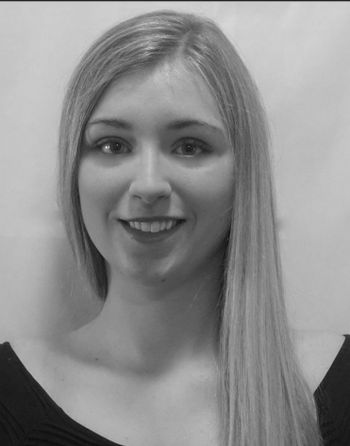REPORT: Traditional liberal arts institutions are defying enrollment declines
Liberal arts institutions that emphasize great texts of the Western tradition and classical education are countering enrollment decline in universities that have abandoned these emphases.
New data from the National Student Clearinghouse from the Fall 2022 admission cycle shows that both undergraduate and graduate enrollment is down by 1.11 million students compared to 2019.
Schools that prioritize academic freedom, intellectual inquiry, and traditional education over diversity, equity, inclusion, and social justice (DEISJ) are thriving in a declining market for higher education.
New data from the National Student Clearinghouse from the Fall 2022 admission cycle shows that both undergraduate and graduate enrollment is down by 1.11 million students compared to 2019.
While schools like the State University System of New York (SUNY) system are instituting DEISJ requirements and others are offering degree programs in diversity studies, the value of a college education has been in a steady decline. In response, a variety of economic sectors and state governments are abandoning degree requirements altogether.
Traditional liberal arts institutions that emphasize the great texts of the Western tradition and are strong in the values of classical education, however, are countering the enrollment decline.
[RELATED: DeSantis admin requires public universities to report DEI, CRT-related expenditures]
Hillsdale College, for example, has experienced a 53% increase in applications for Fall 2022 admission, according to Fox News.
The Director of Admissions at Hillsdale, Zachary Miller, told Campus Reform that part of the reason their school has been able to succeed is that the “truths of the Western tradition” are never “going to be out of style and out of fashion.”
At Hillsdale, their education is “aimed toward the essentials of questions like what does it mean to be human? What does it mean to be a human being and how are we supposed to operate together in society? How are we to order our lives toward the good, the true, and the beautiful?”
With respect to DEISJ, Hillsdale’s stance is clear: “The College values the merit of each unique individual, rather than succumbing to the dehumanizing, discriminatory trend of so-called ‘social justice’ and ‘multicultural diversity,’ which judges individuals not as individuals, but as members of a group and which pits one group against other competing groups in divisive power struggles.”
But similar campuses are prospering, as well.
Liberty University, one of the largest Christian schools in America, which “stand[s] against all forms of unbiblical discrimination,” including DEISJ initiatives, experienced a near 46% increase in enrollment between 2019 and 2020, according to Data US, while enrollment declines plagued most institutions during the same period.
Similarly, Grove City College (GCC), a private Christian college in Western Pennsylvania, experienced a 20-year application high last year and a 46% increase over 10 years, according to an exclusive statement from GCC’s Senior Director of Communications, Jacquelyn P. Muller.
Muller told Campus Reform, “GCC’s emphasis on the humanities and its long-standing commitment to a Christian classical liberal arts education is increasingly attractive to prospective students and their families repelled by the woke extremes prevalent in higher education.”
Smaller institutions, like Thomas Aquinas College (TAC), which provides a great books and socratic dialogue curriculum, have also seen increases in enrollment, causing the need to open new campuses and hire more faculty to keep pace with student demand, according to TAC’s Executive Director of College Relations, Christopher Weinkopf.
“We can only grow enrollment as quickly as we can hire qualified new faculty, so that limits our rate of expansion to a healthy, moderate pace. But by God’s grace, we have experienced no difficulty in finding new students,” he said.
While the cause for the general decline in postsecondary admissions is multifactorial, many higher education experts contend that the emphasis on DIE is playing a large role.
As Campus Reform Higher Education Fellow Nicholas Giordano, told Fox and Friends, “Enrollment is down, companies are dropping degree requirements, and it’s all through self-inflicted wounds” of DEISJ.
[Related: ANALYSIS: DEI leaves students unequipped for workforce, companies step in]
Identity politics ideology drives students and faculty apart, according to Matthew Wielicki, a geology professor from the University of Alabama who is leaving his career in academia because of DEIJS.
Incorporating DEISJ into every aspect of education is “reducing the collaboration that used to exist in universities. The original kind of Platonic idea [of the universities were] these big halls with people arguing back and forth [with an] open exchange of ideas….[W]ords were never considered violence,” the professor said.
Hillsdale, Liberty, GCC, and TAC have grown their student populations by being safe havens for earnest debate and intellectual dialogue.
The secret to survival, as Miller put it, has been a commitment to a “true liberal arts education [which] is one rooted in permanent things, things that have stood the test of time that have been around for a long time.”
Liberty University has not yet responded to Campus Reform’s request for comment. This story will be updated accordingly.
Follow Gabrielle M. Etzel on Twitter.

